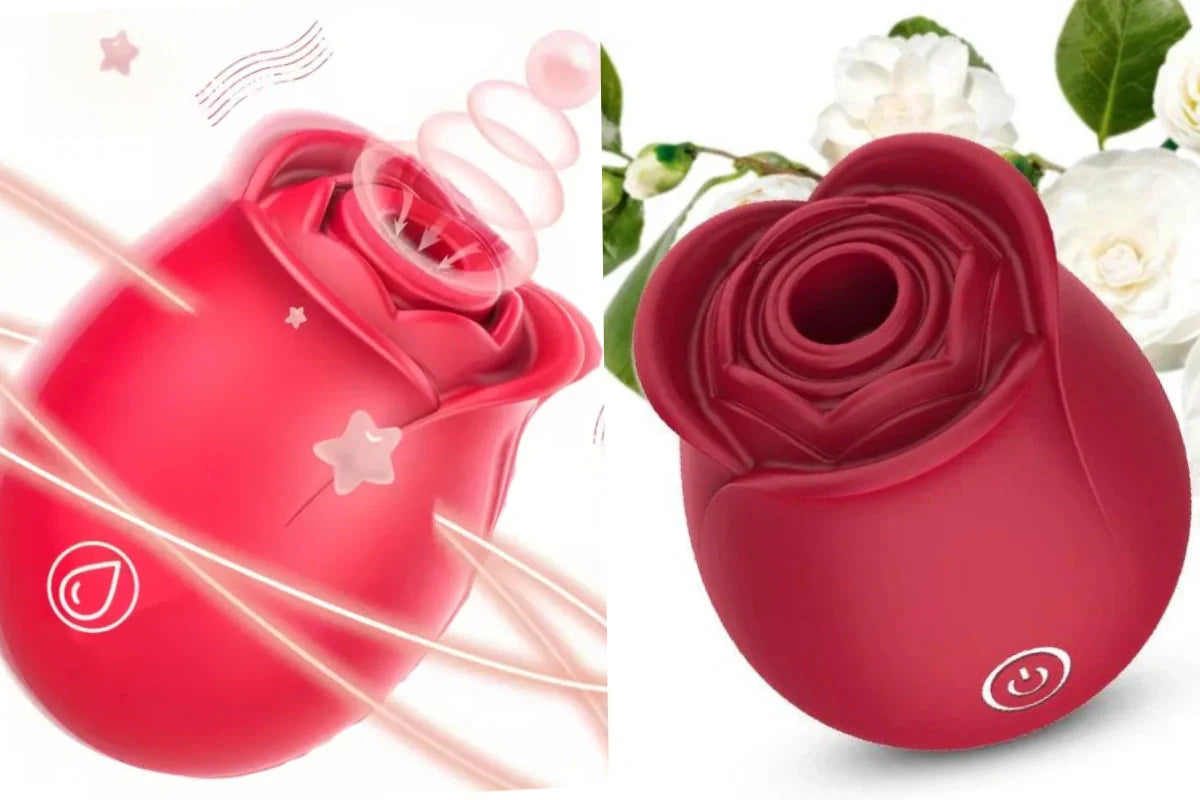The use of sex toys is increasing nowadays and seems to have become commonplace. More than 50% of women and more than 40% of men have experienced using a sex toy at least once. Although sex toys are very personal things, many people are very happy to share them with their partners. Indeed there are quite a few benefits to adding sex toys to sexual intimacy with a partner, especially for women. There is a good side and a bad side to everything, and there are also many risks when you share sex toys with your partner. Here's a look at what's safe and what's not in the process, and what you have to do to avoid those risks.
Health Risks of Sharing Sex Toys
If you like to share sex toys with your partner, it's very important that you understand the risks involved, especially if you have multiple sex partners. Studies have shown that sharing the same sex toys with a partner or multiple partners without any protection increases the likelihood of contracting HPV, bacterial vaginosis, and Candida (i.e., yeast) infections, in addition to increased chances of urinary tract infections.
The results of a survey on women's health showed that 25 percent of respondents had bacterial vaginosis, which researchers believe could be contracted from sharing uncleaned sex toys.
The journal Sexually Transmitted Diseases published the results of a study in 2014. Researchers compared silicone and TPE sex toys in order to see if the human papillomavirus could survive on used sex toys. Through a microscope, traces of the virus were found in varying degrees on both types of sex toys after simple cleaning. The traces remained after 24 hours of air drying.
How to safely share sex toys with your partner
While there are potential health risks associated with sharing sex toys, that doesn't mean you have to throw out the baby with the bathwater. While some people in a polyamorous relationship will choose to keep their sex toys separate and use a different sex toy with each partner, there are some strategies that can increase the safety of sharing the same sex toys.

Honest communication is fundamental
It is important to always have positive communication with your partner when it comes to using and sharing sex toys with them. How about taking some time before that to have some discussions about boundaries and building a comfort level with each other.
Everyone has different preferences; some may not like sharing insertable sex toys, while others may enjoy sharing accessories like whips or restraints. Transparency is key, be open about how you feel and encourage your partner to do the same.
It is also important to discuss STI testing and results if you are in a non-monogamous relationship.
Choosing the right toy material
Some sex toys made from materials that are only suitable for personal use are not suitable for sharing, such as TPE material. Just because it's safe for humans doesn't mean it's safe to share. It is a porous material and cannot be sterilized thoroughly. So try to choose non-porous or less porous materials. For example, medical grade silicone, stainless steel and borosilicate glass are materials that minimize the chances of spreading bacteria between partners. Inya sex toy is made of safe food-grade silicone material, which is very safe for human body.
Deep cleaning and sanitizing
Many women report washing and sanitizing their sex toys before and after use, but not all do. Properly cleaning sex toys is not only important for personal use, but it also becomes crucial when sharing them with a partner.
The so-called deep cleaning is not just about rinsing the surface of the residue. Things like silicone and stainless steel and borosilicate glass can be boiled directly in water to not only remove odors but also to deeply sanitize. It's important to note that this only applies to regular sex toys that don't have built-in batteries and motors.
Consider the use of barriers
Between regular partners many people may not use physical barriers like condoms and dental dams. But if you're in a non-monogamous relationship you need to consider using these because in this type of relationship everyone's sexual history may not be clear you have to protect yourself.
Using a physical barrier minimizes the risk of spreading bacteria and contracting sexually transmitted infections (STIs), and also prevents unwanted pregnancies. This is a good way to share sex toys with your partner even when you know they have an STI.
READ MORE
1.Learn about these ways to increase your sex drive
2.Trying To Please Your Man Give Him a Little Boost With a Vibrator
3.How to overcome sexual shame? Beyond yourself
4.How can people who are interested in being celibate improve their sex lives?
5.Exploring the Top 5 Most Pleasurable Sex Positions for Couples





